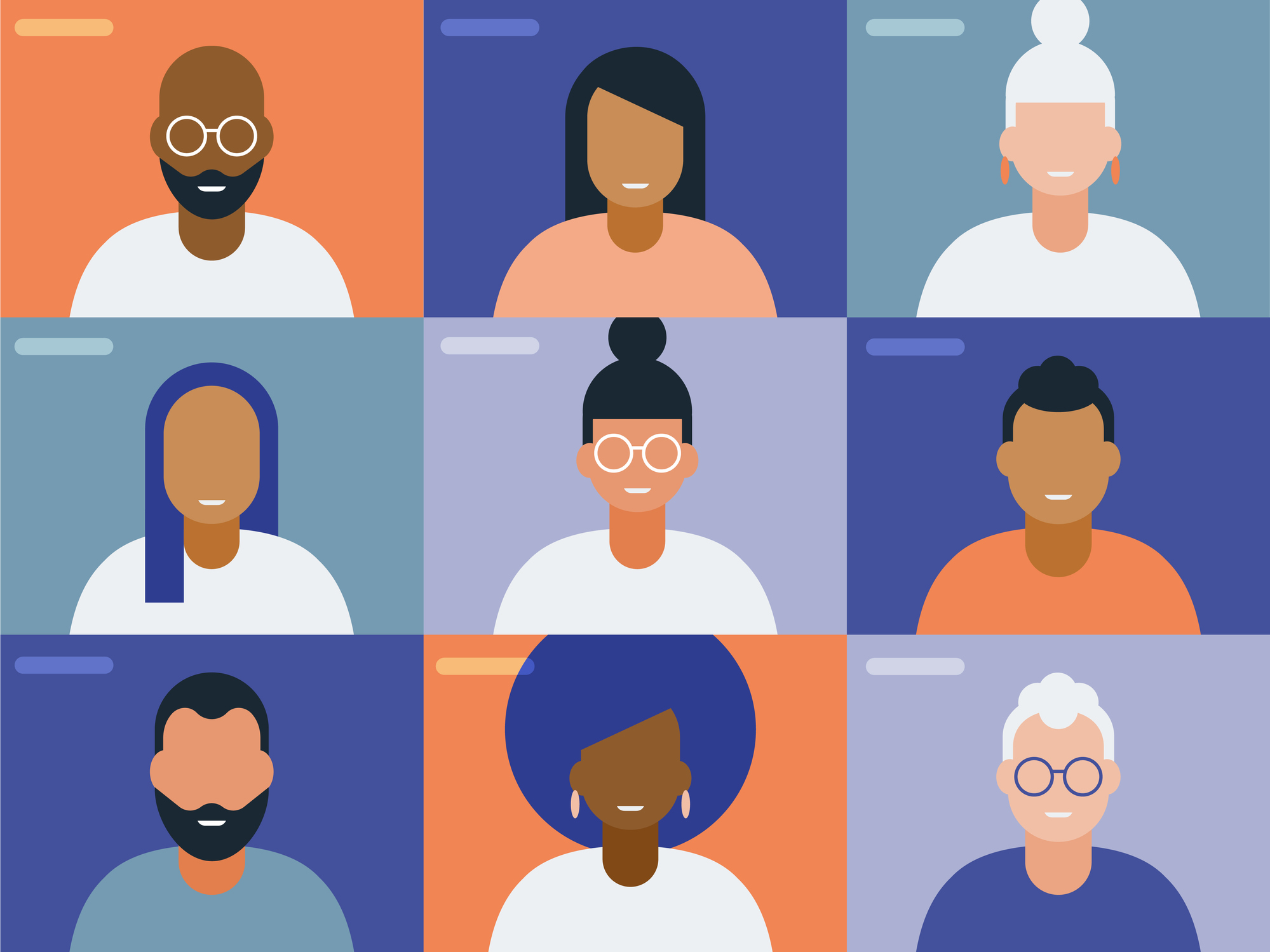EVMS Diversity and Inclusion launches training

EVMS Diversity and Inclusion will soon offer a training series aimed at providing faculty, staff and residents with new tools, resources and ideas about how to create more inclusive environments in the workplace, including classroom, office and clinical settings.
The “Inclusive Excellence in Medicine Cohort Training Program” will be offered through two cohorts, one in-person and one via Zoom. Sessions will be facilitated by Diane Holland, MPA, MHRM, Assistant Director of Training and Ombudsperson for Diversity and Inclusion, and LaConda Fanning, PsyD, RN, Director of GME Early Assessment and Mentoring and Assistant Professor of Internal Medicine.
In-person sessions will meet for the seven-week series each Monday from noon to 1 p.m. in Waitzer Hall (Room 133). Zoom sessions will convene from 6 p.m.-7 p.m. on Mondays. Sessions are capped at 25 participants.
Cohorts begin Monday, Oct. 11.
“The courses will be facilitated lecture style, in-person and virtually in 60-minute sessions,” Ms. Holland says. “Learners will develop communication tactics and strategies to help address significant health disparities. Training modules will focus on health disparity determinants such as race and ethnicity, culture, gender identity, socioeconomic status, sexual orientation, ability and age.”
To reserve your spot in the training, email D&I@EVMS.EDU.
The full schedule is below:
Monday, Oct. 11
“Race, Ethnicity and Culture: Key Terminology and Language”
Monday, Oct. 18
“Cultivating Courageous Conversations: ‘Care-frontation — How do I say what you mean, mean what I say?’”
Monday, Oct. 25
“How to be an Anti-Racist: Key Lessons, Goals and Actions”
Monday, Nov. 1
“Addressing Micro-aggressions: Disarming Individual and Systemic Bias”
Monday, Nov. 8
“Advancing Allyship, Inclusion and Creating Safe Spaces”
Monday, Nov. 15
“Creating a Climate of Inclusivity: Embracing Authenticity and Uniqueness within Diversity”
Monday, Nov. 22
“Addressing Healthcare Disparities and Social Determinants of Behavior: Moving from Inequity and Equity”